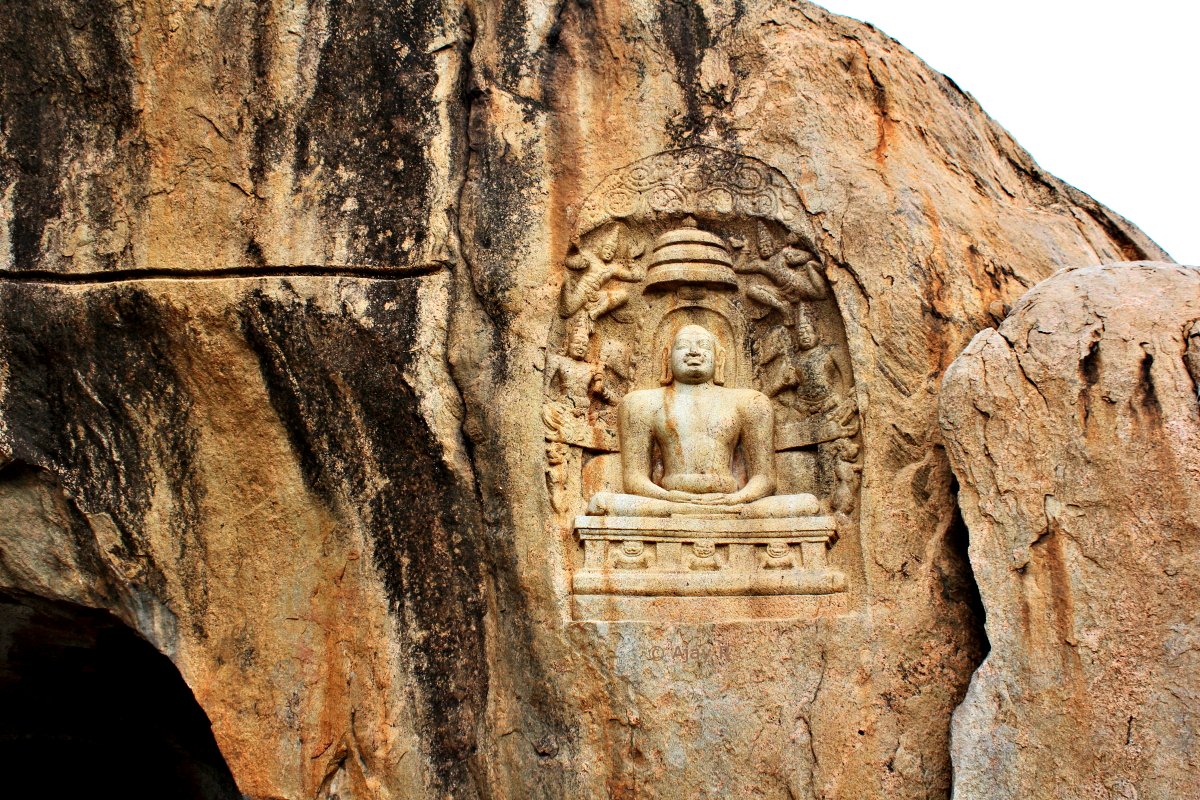Climate no longer controls us severely, but it limits us. A tornado can ruin in an hour the city that took a century to build; Let rain become too rare, and civilization disappears under sand
Its rivers, lakes, oases, and oceans draw settlers to their shores, for water is the life of organisms and towns, and offers inexpensive roads for transport and trade. E.g. Egypt was "the gift of the Nile"
Life is peaceful when food abounds, violent when the mouths outrun the food. Co-operation is real and increases with social development, but mostly because it is a tool to strengthen our group in its competition with other groups
In the competition for food or mates or power some organisms succeed and some fail. Freedom and equality are sworn and everlasting enemies, and when one prevails the other dies.
Nature has no use for organisms, variations, or groups that cannot reproduce abundantly. She is more interested in the species than in the individual, and makes little difference between 'civilization' and 'barbarism'.
If the human brood is too numerous for the food supply, Nature has three agents for restoring the balance: famine, pestilence, and war.
It is periodically alleviated by violent destruction or peaceable partial redistribution. In this view all economic history is the slow heartbeat of the social organism, concentrating and recirculating wealth.
Means and instrumentalities change; motives and ends remain the same. Nothing is clearer in history than the adoption by successful rebels of the methods they condemned in the forces they disposed.
New ideas should be heard, for the sake of the few that can be used; but new ideas should be compelled to go through the mill of objection, opposition, and contumely.
Moral codes differ because they adjust themselves to historical and environmental conditions. Probably every vice was once a virtue, a quality that led to survival. Man's sins may be the relics of his rise rather than the stigmata of his fall.
Even the skeptical historian develops a humble respect for religion. It has appealed to imagination, hope, and the senses; its mythology has consoled and brightened the lives of the suffering.
The last 3,421 years of recorded history have seen only 268 without war. The causes of war are the same as the causes of competition among individuals, and some conflicts are too fundamental to be resolved by negotiation.
Challenges may come from a dozen sources, and may by repetition or combination rise to a destructive intensity. Man picks up his tools and his arts and moves on, taking his memories and civilization with him, and eventually builds another home.
Homer has more readers now than in his own day and land. The Greek poets and philosophers are in every library and college. This selective survival of creative minds is the most real and beneficent of immortalities.
History is above all else the creation and recording of heritage; progress is its increasing abundance, preservation, transmission, and use. Heritage rises, and man rises in proportion as he receives it.
-'The Lessons of History' by Will and Ariel Durant-


